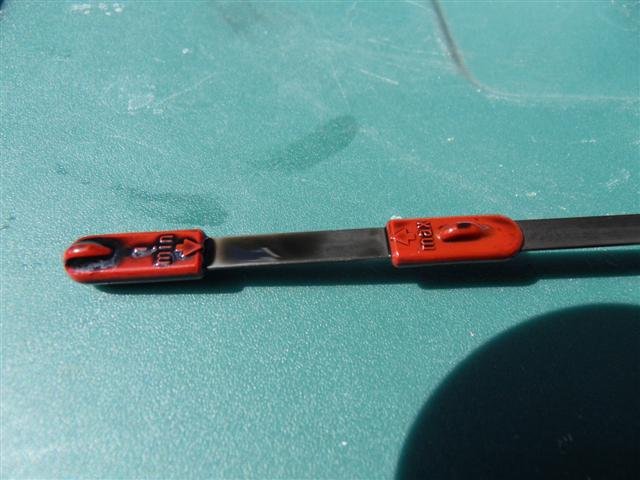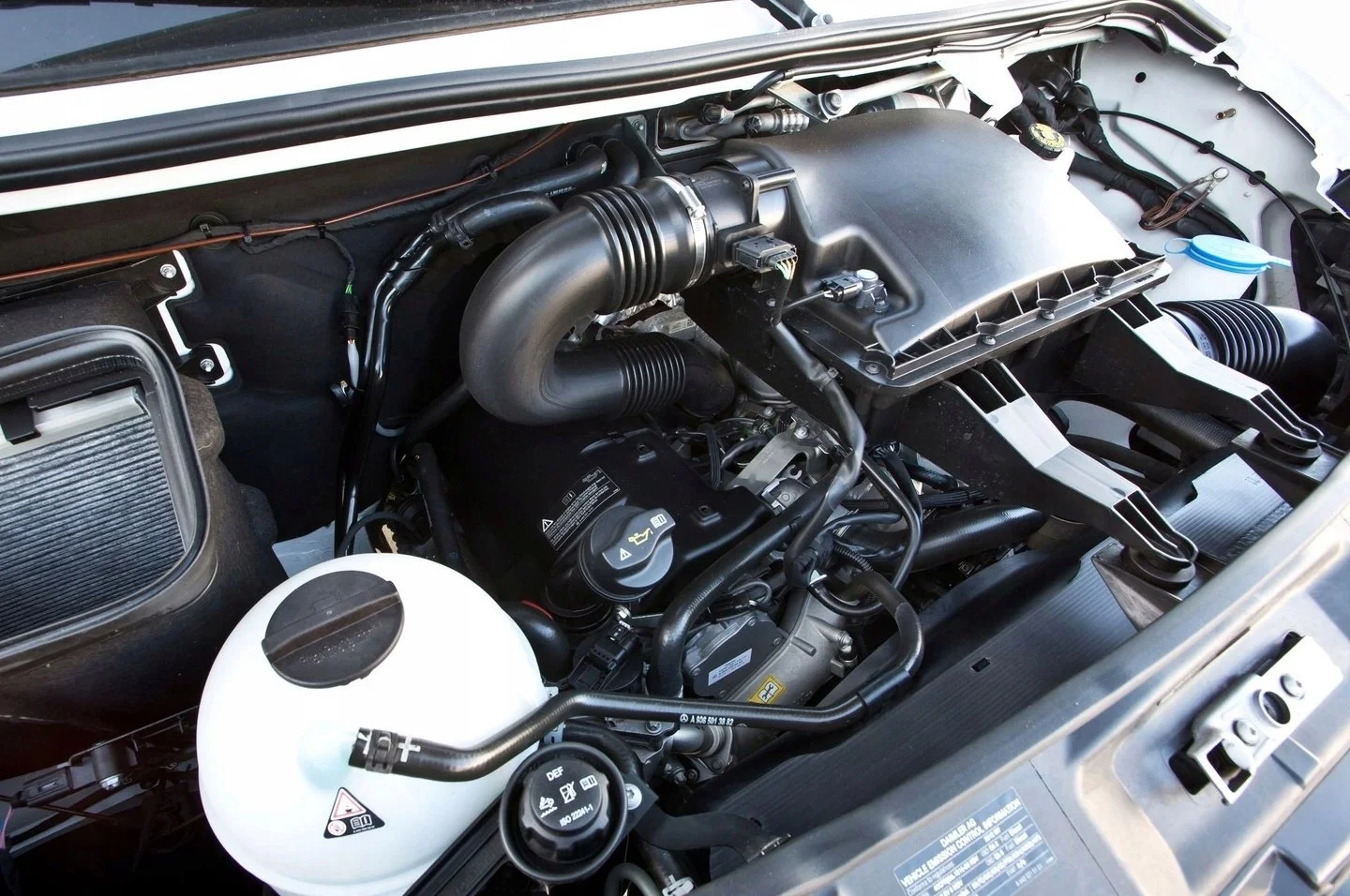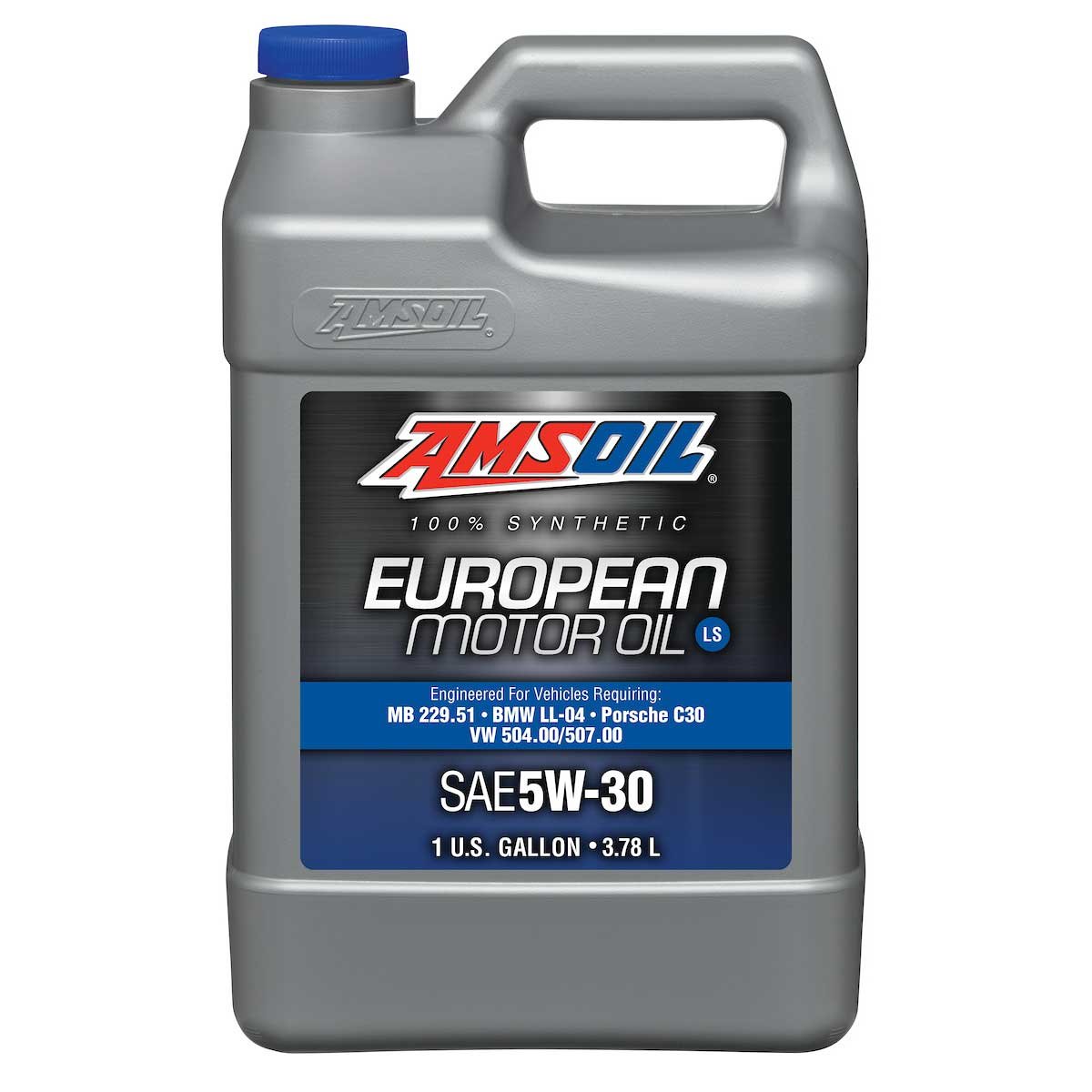How often should I change the oil in a Sprinter van?
OK here’s a couple things before we begin. This is just our opinion. This is not recommended by Mercedes-Benz. And you should consult your dealer and warranty information for guidance to ensure you don’t void your warranty. Now onto what we think about this topic.
There are a ton of opinions around how often you should change your diesel oil/sprinter oil as sprinters are diesel motors. Mercedes auto-magically has two alerts your van will notify you at. Service A & Service B. Simply put, these are mileage timers that countdown after each reset to let you know when to take the van to a dealer. If your van is still under warranty, we recommend you use these notifications as religious mantra to take your van in to get serviced as to not void your warranty.
0 mile (double wrench) service interval due
Our 2013 NVC3 2500 V6 sprinter originally had an oil change cycle of 10,000 miles. Recently Mercedes-Benz had done an ECU update and emissions recall. And after this recall I have noticed that they updated their oil change cycles to 20,000 miles. This was very surprising and actually concerning to us. While 10,000 miles sounds like a lot, for modern synthetic oils it’s quite normal these days with the new synthetic oil compounds. This ain’t your dads old dino 🦕 juice anymore.
We have been used to the 3000 or 5000 miles oil change intervals in the past but things have obviously changed. Now with 20,000 mile oil change intervals you can go a full year without ever changing your oil.
So some quick background on our way of thinking. Preventative maintenance tends to be the cheapest and most effective means of ensuring you get long and trouble free life out of your sprinter van. The number one preventative thing you can do to your sprinter van is to ensure that it always has fresh fluids and clean filters.
With a sprinter van you’re using the engine oil to lubricate a higher compression engine over that of a gasoline engine. This is typical of all Diesel engines. And as with any turbo charged engine you’re using the oil also to lubricate the turbo.
Diesel engines are particularly unique and the way that they dirty oil.
Change in oil is there for three main reasons: to lubricate the moving metal parts reducing friction, to help and cooling by transferring the heat from the metal components to the sump and to clean the engine of carbon deposits that can hinder performance. Most modern diesel engines also have higher soot concentration in the engine due to the diesel emission systems (i.e. EGR - Exhaust Gas Recirculation).
The diesel exhaust gas recirculation system allows a select amount of exhaust to be re-ingested back into the intake system and combustion chamber. The increased combustion temperatures in the cylinders burn the fuel more efficiently, resulting in reduced exhaust emissions coming out of the tailpipe. The re-ingested exhaust gases also increase the contamination of the diesel engine oil, this last part that turns your oil black quickly.
Diesel combustion engines produce more soot and sludge as part of their normal operation then a gas engine might. The modern transfer direct engine system compounds the problem because while the higher fuel injection pressures in newer diesel engines produce lower exhaust emissions, it increases the production of soot. The forms and cooler parts of the combustion chamber until it impinges on the cylinder wall and then it’s scrapes into the oil courtesy of the piston rings leading to dirty black oil (hey, that’s a great band name).
These particles are quite small and are able to pass through the filter no matter how fresh and new that filter might be. Every car, provided has been run in properly, has some type of carbon buildup in the engine, increasing over time as the car gets older. Newer and more modern synthetic oils are designed to bind to these soot particles that turn the oil black and allows it to be removed from the cylinder walls.
The basic principle is, to remove the carbon buildup and soot in your engine you have to replace the oil and filter with new ones.
The Mercedes Benz OM642 V6 was virtually unchanged from 2007 to 2022 aside from some seals, glow plug tweaks and ECU updates to deal with the downstream effects of a DEF exhaust system. After 2010 all Sprinters worldwide got the Bluetec DPF filter requiring urea refills roughly every 10,000 miles (depending on use).
It’s worth noting that 2014 got a new 7 speed auto. While a transmission has nothing to do with an engine, it’s gearing and operation can reduce load, thus reducing wear and emissions on the engine and its longevity.
Why we mention this, is that a different type of oil was recommended for engines after DEF. Something called low ash oil. This refers to the amount of solid material that is left behind when the oil burns. By reducing the ash content, oil manufacturers help cut down on the amount of deposit left in your engine, which will diminish where and reduce emissions.
Because of this it’s recommended that any Mercedes diesel engine before 2010 get their oil change intervals done more frequently. This is due to the way the engines are made and the emissions they are required to pass, especially in Europe and California.
This gets us to our final point. How often should you (do we) look change our oil.
Well, it depends… We feel you should consider the age/mileage on the engine:
Older Vans
Engines with over 100,000 and pre-DEF should stick to an oil change interval of 5,000 miles. And even as soon as 3,000 miles if you are using the van loaded or for towing or driving in constant start/stop situations like delivery or in city use.
Newer Vans
Newer engines 2019 or newer (with a recommended 20,000 mile oil change interval) Yes, the Sprinter has a massive 14qt capacity helping keep the oil and your engine cool. This really helps all around. But we feel the interval should be between 5,000-7,500 miles.
(No, we’re not paid by any oil company to say this 😝)
We believe this will ensure your engine runs the best it can and will reach 300,000 miles and beyond.
Towing/Heavy Loads
Aside from the general split between older pre-DEF engines and newer engines with DEF exhaust filters, how you use your van will accelerated any of our recommended intervals. Simply put, the heavier your van is. whether it is loaded or pulling a loaded trailer, it puts more stress on your engine. That weight puts much more resistance on the engine. This additional load creates additional friction and wear. The oil is designed to deal with this stress but it just means your oil will get dirty sooner. The engine will also consume more oil. Towing falls under what auto manufacturers refer to as “severe service”. If your towing just a few miles it will not really matter. But if you take longer trips or carry heavy loads continuously your oil change intervals should be at every 5,000 mile or less.
Oil and Storage
The oil in your crankcase is fine and typically won’t get “old” just sitting there for a time being. But that depends on how long you’re planning on storing your van. If you’re going to only let the van sit for 3-6 months you should be fine.
Check our post on storing your van.
Remember, NEVER just start your van to warm it up without driving it. You might think this helps, but it will actually does the opposite and can damage your engine over time. If you start any vehicle and just let it warm up, you’re doing two things. You’r starting a van that has had time for all the oil to drained from any internals.
The first 30 seconds, the engine will be running without oil until the sump purges all the passageways again. This isn’t as much of a problem when you drive your Sprinter regularly, much of the oil is still in these channels and hasn’t completely drained.
The second issue is, that you' will be introducing more condensation in the engine and exhaust. on start up. This happens to all engines. Water can get into the oil which can and will ruin your engine. You generally don't have to worry about water in the oil if you drive your van regularly. This drives off the moisture that simply comes from your engine breathing when it is not being used (cold air enters a hot engine and water condenses) and from combustion byproducts. It is just better to let the van sit and start it when you’re ready to drive it. If storing for over 6 months, the condensation in the crankcase can accumulate overtime. You might consider changing the oil if your storing the van for over 6 months without driving it. And if you are storing it for more than a year without driving it you should absolutely change the oil as part of your resurrection/de-hibernation process.
Here’s a simple overview:
If you’ve been cranking the van once a month while in storage, change the oil immediately
If you didn’t change the oil when you put it in storage, change the oil.
If you put in fresh oil when you stored the vehicle, no need to change the oil.
But doesn’t the type of oil matter? Yes! It most certainly does matter.
Shouldn’t the expensive oil I’m paying for allow me to run longer between oil changes?
Mercedes Benz requires that you use a fully synthetic 5W-30 engine oil with the Spec. 229.52 for 2013 and newer (DEF) engines and this is the standard we stick to.
Lubricants contains SAPS above OEM-specified limits, the levels of ash created during combustion can eventually completely block the filtration channels. The Benz Spec of 229.52 ensures these levels are low and won’t plug up your particulate filter.
For Sprinters 2013 and newer for the V6 we generally do oil changes every 5,000 - 7,500 miles.
While we have used Mobile 1 in the past and have found it to be adequate, we now primarily use only these two brands for our newer Sprinters.
Liqui Moly 2332
These come in 5 liter jugs. 2 of these (10 liters) will get you to the halfway mark on your dipstick. We recommend buying one additional liter to top it off. While it’s not the 5W-30 we find this 5W-40 to work well. It’s slightly thicker at operating temp for our higher mileage 2013 NVC3 V6
Amsoil
If there was one oil to use we would say go with this one. The 5W-30 LS Synthetic European Motor Oil
This is said to be one of the only true Synthetic oils out there not based on mineral oil. “Designed for the extended drain intervals established by European car manufacturers. Excellent for turbochargers.” This means it’s meant for those crazy 20k oil change intervals we feel are too far apart.
Check out the data sheet.
The say their oil “exceeds strict European manufacturer specifications”. The oil is safe for your DEF filter and uses a blend of SAPS (sulfated ash, phosphorus and sulfur). We like it because it is specifically designed to prevent sludge and varnish deposits. It’s also great for those oil fed and cooled turbochargers and those high temperatures. Also it’s good for subzero temperatures and ensures a rapid return to appropriate oil pressure at startup reducing oil starvation.
Yes, there are other oils out there that work and are likely cheaper. But we feel saving $13 on oil every oil change is not worth losing some peace of mind. We want to do the best for the longevity of our engines to ensure we don’t have a failure on our next adventure. Especially when traveling to places like Baja, Mexico.
Sprinter Van Oil Capacity (Always check your manual)
Here’s some helpful numbers we have found for how much oil you will need.
V6 = 14qts (13L) - (NVC3 / VS30)
I4 = 13qts (12L) - (NVC3 / VS30 Diesel)
I5 = 10qts (9.5L) - (T1N)







